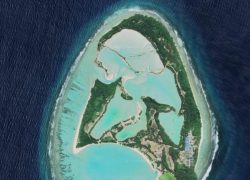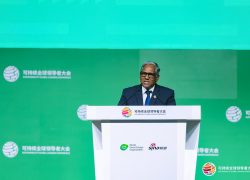His Excellency Vice President Uz Hussain Mohamed Latheef delivered a compelling statement on behalf of the Maldives at the Fourth International Conference on Financing for Development (FfD4), held in Seville, Spain from June 30 to July 3, 2025. Addressing a global audience of senior government officials, financial experts, business leaders, and representatives from the United Nations system, the Vice President laid out the Maldives’ strategic development agenda, emphasizing resilience, inclusive growth, and the urgent need for reform in international financing systems.
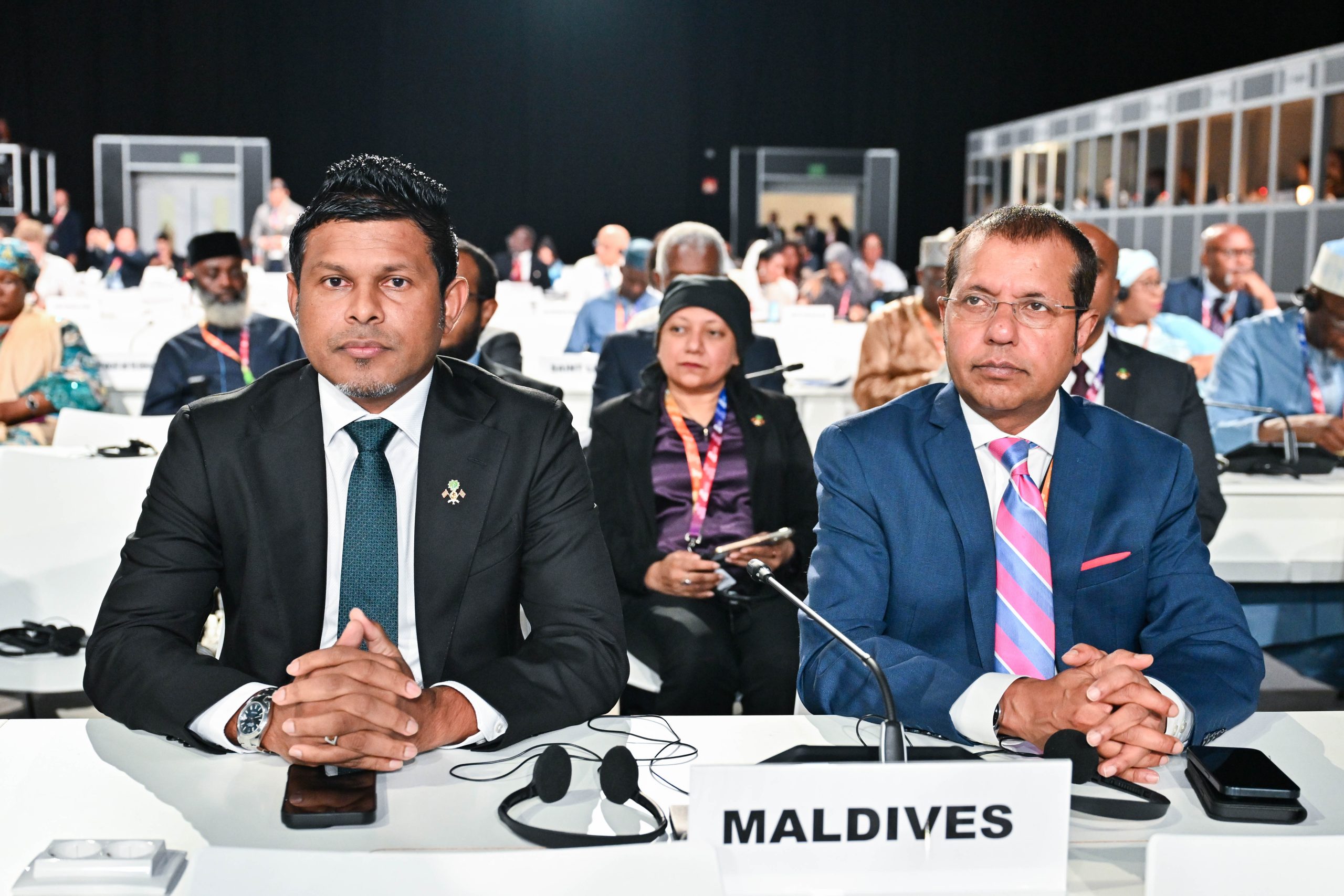
In his plenary address, Vice President Latheef acknowledged the turbulent global landscape shaped by rising geopolitical tensions, disruptions in supply chains, and deepening economic uncertainty. Against this backdrop, he shared how the Maldives continues to forge ahead with targeted development strategies that respond to both global challenges and the country’s unique vulnerabilities as a Small Island Developing State (SIDS).
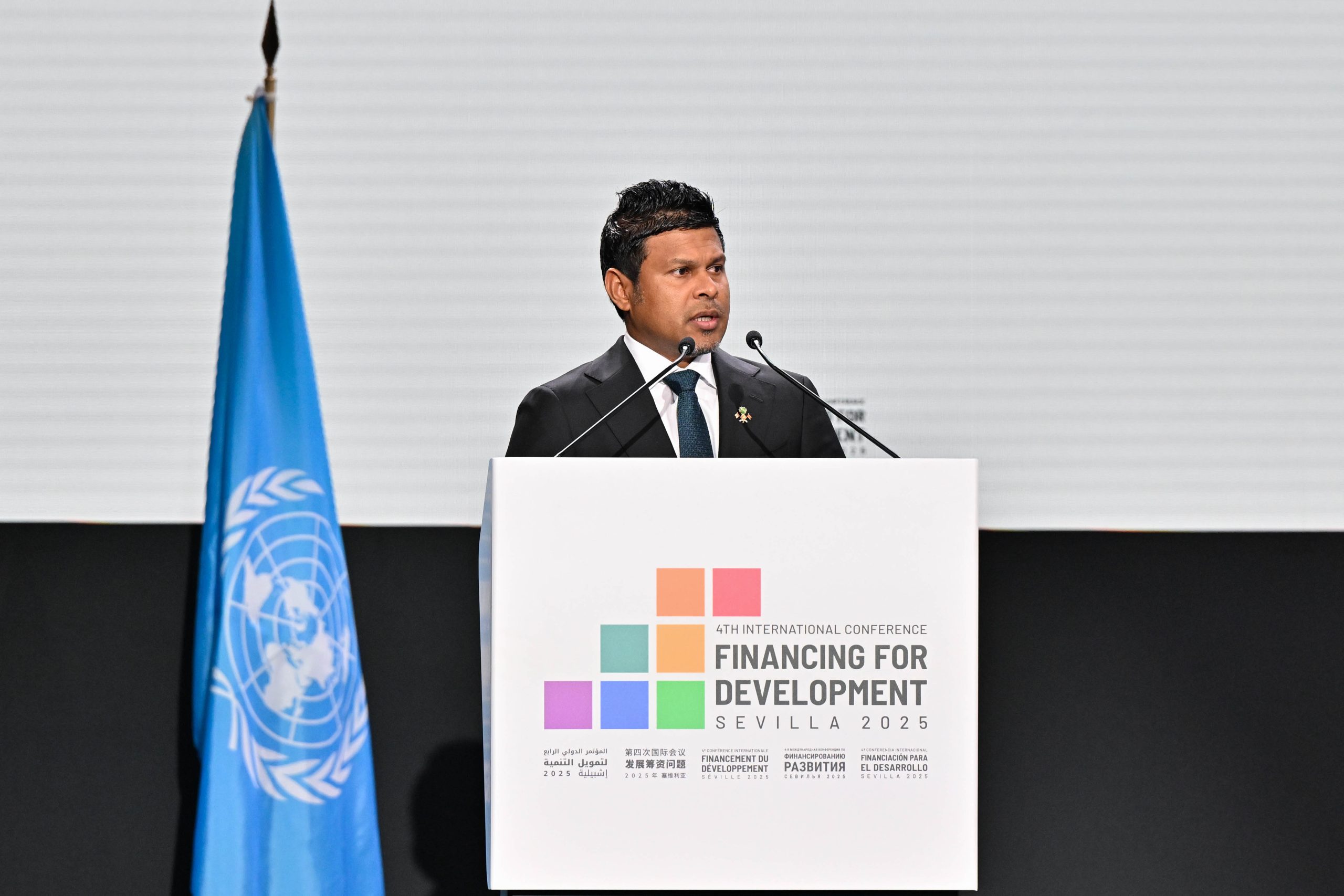
Highlighting recent progress, the Vice President pointed to the establishment of two key national initiatives aimed at long-term economic transformation: international bunkering services to support maritime trade, and the creation of the Development Bank of Maldives, which is designed to provide sustainable financing for social and economic projects. He described these milestones as part of a broader commitment to securing financial independence and fostering home-grown development.
In terms of economic diversification, the Vice President underscored the Maldives’ active pursuit of expanded trade partnerships, particularly those that enhance value-added fisheries exports. He also detailed efforts to modernize the country’s financial architecture through the Maldives International Financial Services Authority and the development of the Maldives International Finance Centre, a financial free zone that will position the nation as a competitive player in international finance.
Tourism infrastructure was another key theme in the address. Vice President Latheef announced the scheduled opening of the new passenger terminal at Velana International Airport in July 2025, which will triple annual capacity to 7 million passengers. This expansion is expected to elevate service quality, accommodate growing tourist arrivals, and contribute significantly to the Maldives’ economic development and long-term vision of achieving developed country status by 2040.
Promoting inclusive development also featured prominently in the Maldives’ policy priorities. The Vice President reaffirmed the government’s dedication to empowering micro, small, and medium-sized enterprises (MSMEs), with a specific focus on initiatives that support women and youth entrepreneurship. These efforts are aimed at creating a more equitable and resilient economy, grounded in sustainable job creation and local innovation.
On the subject of international finance, Vice President Latheef reiterated the Maldives’ strong advocacy for equitable financial access for SIDS. He criticized the current global financing architecture, which often disqualifies countries like the Maldives from receiving concessional finance, leaving them heavily reliant on commercial borrowing for basic development needs. He stressed that external shocks—such as climate-related disasters and global market volatility, further expose SIDS to disproportionate economic burdens.
Calling attention to the urgent need for financial reform, the Vice President urged the international community to translate the Seville Commitment into tangible actions. He called for meaningful debt relief measures, enhanced national capacity-building, and inclusive decision-making processes that empower developing nations to define and pursue their own sustainable development pathways. Emphasizing the Maldives’ steadfast commitment to the 2030 Agenda for Sustainable Development, he argued that achieving these goals requires courageous leadership, global solidarity, and a financial system that includes, not excludes the most vulnerable nations.
The Fourth International Conference on Financing for Development is convened under the United Nations framework and serves as a platform for high-level discussions on reforming the global financial system. Participants include heads of state, representatives from multilateral development banks, private sector leaders, civil society organizations, and key UN bodies. The conference focuses on aligning international financial flows with sustainable development, particularly in support of climate action, poverty reduction, and inclusive growth.
As the Maldives continues to strengthen its presence on the world stage, the Vice President’s participation in FfD4 underscores the nation’s proactive role in shaping the global financing agenda, anchored in resilience, ambition, and the enduring spirit of island nations to thrive amid evolving global realities.

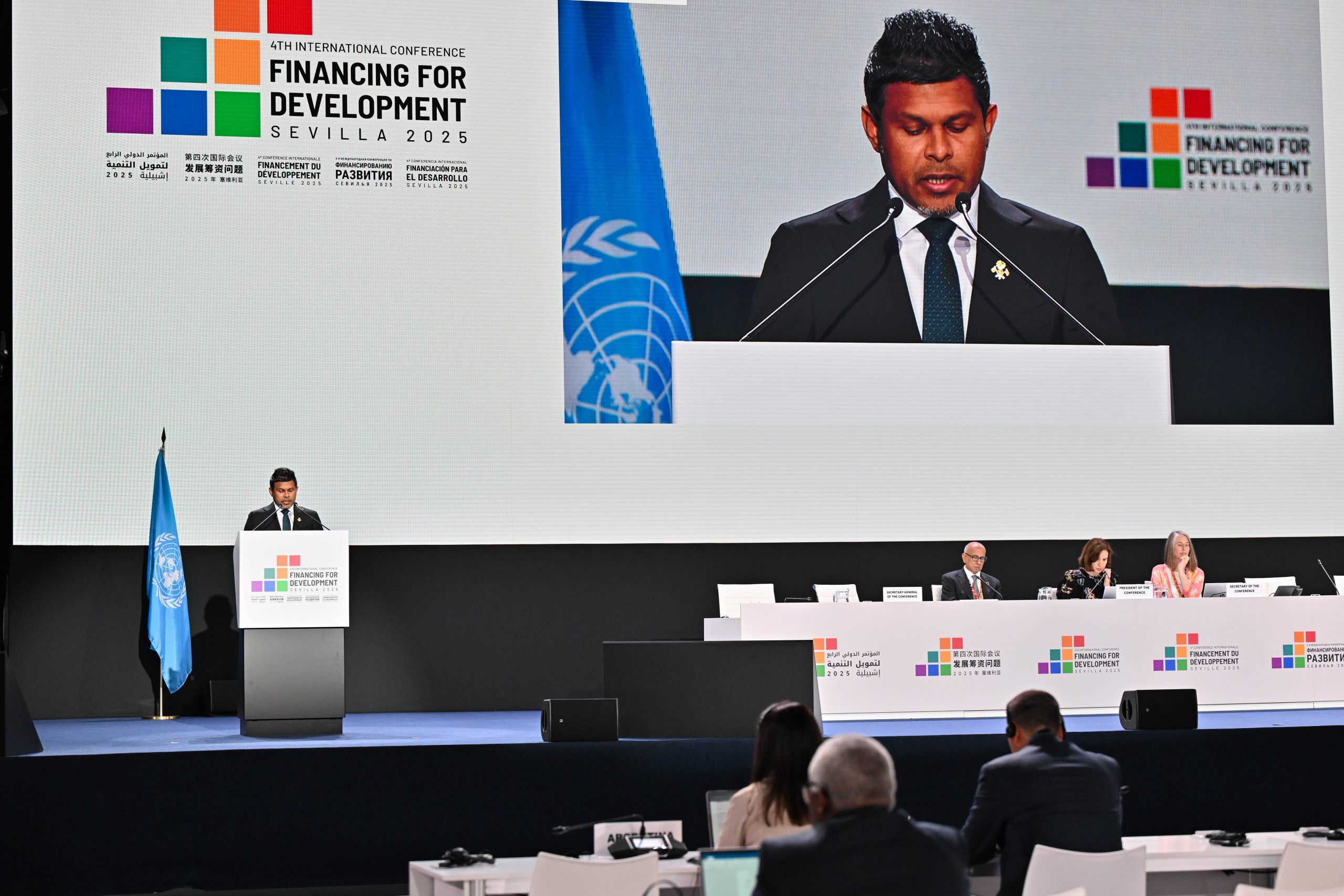

 advertisment
advertisment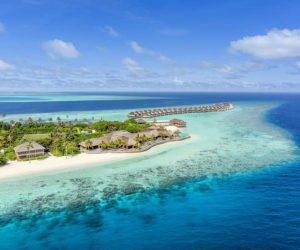

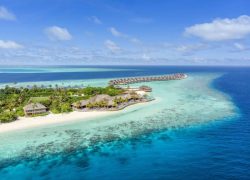


 advertisment
advertisment
